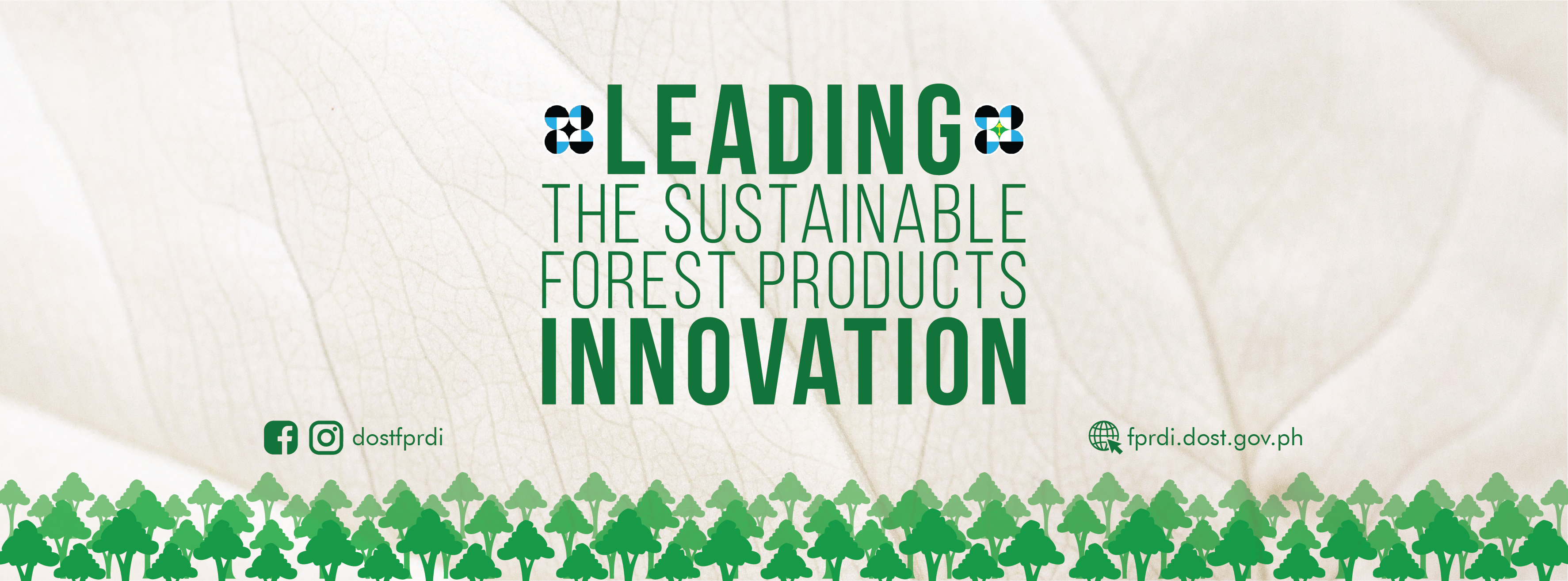LEADER: Dr. Jennifer P. Tamayo
BACKGROUND
Biofuels refers to bioethanol, biodiesel and other fuels derived from biomass which is primarily used for automotive, thermal and power generation. Although there are existing studies which can be basis for production but these are not sufficient to sustain the growing demands due to depletion of fossil-based fuels. Supported by Biofuels Act of 2006 or RA 9361, continuous search for renewable sources are now being undertaken to reduce the country’s dependence on petroleum-based fuels. The Renewable Energy Act of 2008 or RA 9513 promotes the development, utilization, commercialization of renewable energy resources. It supports the development and optimal use of country’s renewable resources to address the challenges of climate change, energy security and access to energy.
Based on the information from study of UNEP-DTIE-IETC and Development Academy of the Philippines in 2009, some 1.17 M tons, 489, 000 tons, 1.5 M tons of sugar cane trash, corn cobs and rice hull, respectively are locally available resources for biofuel production. Forestry statistics shows that the estimated total logging residues in 2011 is 92 thousand cu. m which can be converted to biofuels. With the support of international funding organizations and government’s focus on thematic areas of interest on sustainable energy and harnessing emerging technologies for national competitiveness, it is envisioned that energy problem in vulnerable areas will be alleviated.
GOAL
To develop process and equipment for biofuel production geared towards addressing the fuel need of electricity-deprived areas.
OBJECTIVES
- To determine the heating value of various biomass.
- To develop solid and liquid biofuels.
- To design and develop charcoal mixer and sawdust pelletizer.
- To develop and characterize bio-oil from lingo-cellulosic materials.
- To determine the technical and economic viability of bio-oil production on pilot-scale.









